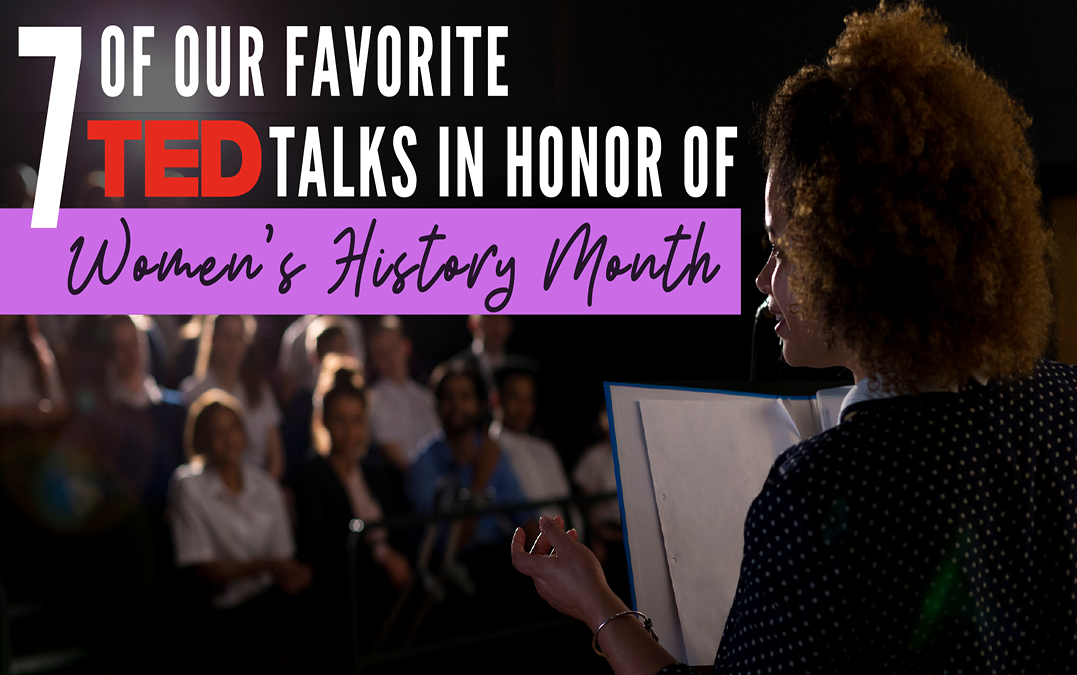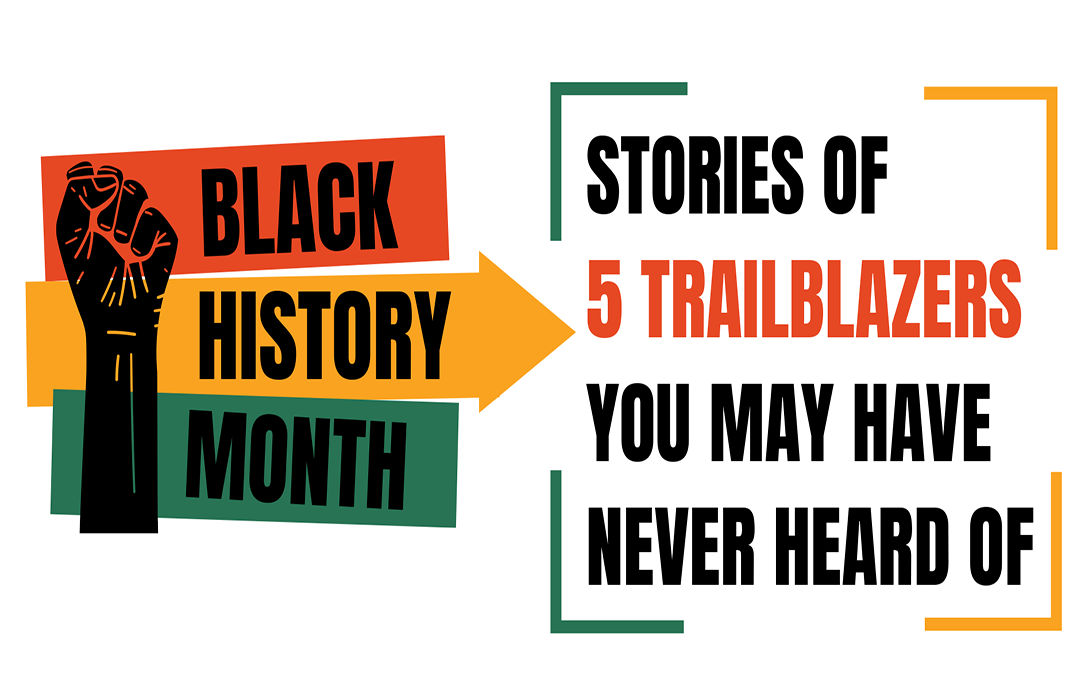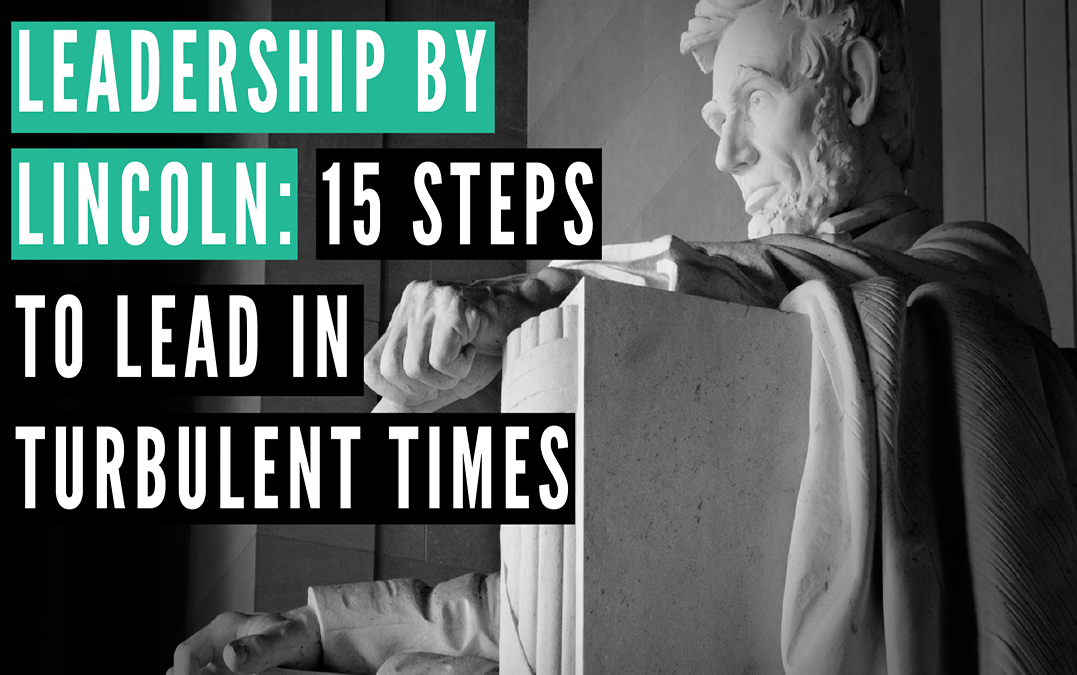
9 New! Books to Celebrate Women’s History Month
As a certified Women-Owned business, we are celebrating Women’s History Month 2021 by highlighting books by and about women. These nine new books depict women who have pushed boundaries, effected change, redefined roles, or who have enriched our understanding of what it means to be powerful.
1. Just Work: Get Sh*t Done, Fast & Fairby Kim Scott (March 16, 2021)
Why pick it up: From Kim Scott, author of the revolutionary New York Times bestseller Radical Candor, comes Just Work: Get Sh*t Done, Fast and Fair – how we can recognize, attack and eliminate workplace injustice – and transform our careers and organizations in the process.
We – all of us – consistently exclude, underestimate and under-utilize huge numbers of people in the workforce even as we include, overestimate and promote others, often beyond their level of competence. Just Work reveals a practical framework for both respecting everyone’s individuality and collaborating effectively. The book is an essential guide leaders and their employees need to create more just workplaces and establish new norms of collaboration and respect.
2. Power Moms: How Executive Mothers Navigate Work and Lifeby Joann S. Lublin (February 16, 2021)
Why pick it up: For the first time in American history, a significant number of mothers are heading major corporations, including General Motors, Ulta Beauty, and Best Buy. Yet these “Power Moms” still struggle with balancing their management responsibilities with raising children. Author Joann S. Lublin draws on the experiences of two generations of these successful women to measure how far we’ve come—and how far we still need to go.
Power Moms provides lessons and advice to help today’s professional women, their families, and their employers navigate this challenging terrain. Lublin looks at the trade-offs mothers are too often forced to make between work and family and the root causes, including the dearth of large-scale paid parental leave and other family-friendly policies. While it celebrates the gains women have made, Power Moms makes clear how much more must be done to make being a working mother easier.
3. The Code Breaker: Jennifer Doudna, Gene Editing, and the Future of the Human Raceby Walter Isaacson (March 9, 2021)
What it’s about: When Jennifer Doudna was in sixth grade, she came home one day to find that her dad had left a paperback titled The Double Helix on her bed. When she read it on a rainy Saturday, she sped through the pages, and became enthralled by the intense drama behind the competition to discover the code of life. Even though her high school counselor told her girls didn’t become scientists, she decided she would.
Doudna and her collaborators turned a curiosity of nature into an invention that will transform the human race: an easy-to-use tool that can edit DNA. Known as CRISPR, it opened a brave new world of medical miracles and moral questions. The development of CRISPR and the race to create vaccines for coronavirus will hasten our transition to the next great innovation revolution.
After helping to discover CRISPR, Doudna won the Nobel Prize in 2020. Her story is a thrilling detective tale that involves the most profound wonders of nature, from the origins of life to the future of our species.
4. This America: The Case For the Nation by Jill Lepore (May 18, 2019)
What it’s about: Harvard historian and New Yorker staff writer, Jill Lepore, repudiates nationalism in America by explaining its long history―and the history of the idea of the nation itself―while calling for a “new Americanism”: a generous patriotism that requires an honest reckoning with the country’s past.
Lepore begins her argument with a primer on the origins of nations, explaining how liberalism, the nation-state, and liberal nationalism, developed together. Illiberal nationalism, however, emerged in the United States after the Civil War―resulting in the failure of Reconstruction, the rise of Jim Crow, and the restriction of immigration. Much of American history, Lepore argues, has been a battle between these two forms of nationalism, liberal and illiberal, all the way down to the nation’s latest, bitter struggles over immigration.
A manifesto for a better nation, and a call for a “new Americanism,” This America examines the path to the nation’s future by reclaiming its past.
5. Cassandra Speaks: When Women Are the Storytellers, the Human Story Changesby Elizabeth Lesser (September 15, 2020)
What it’s about: What story would Eve have told about picking the apple? Why is Pandora blamed for opening the box? And what about the fate of Cassandra who was blessed with knowing the future but cursed so that no one believed her? What if women had been the storytellers?
Cassandra Speaks is about the stories we tell and how those stories become ingrained in our culture. Stories written mostly by men with lessons and laws for all of humanity. We have outgrown so many of them, and still they endure. This book is about what happens when women are the storytellers too—when we speak from our authentic voices, when we flex our values, when we become protagonists in the tales we tell about what it means to be human.
Cassandra Speaks is a beautifully balanced synthesis of storytelling, memoir, and cultural observation. Women, men and all people will find themselves in the pages of this book, and will come away strengthened, opened, and ready to work together to create a better world for all people.
6. Professional Troublemaker: The Fear-Fighter Manualby Luvvie Ajayi Jones (March 2, 2021)
What it’s about: Luvvie Ajayi Jones is known for her trademark wit, warmth, and perpetual truth-telling. But even she’s been challenged by the enemy of progress known as fear. She was once afraid to call herself a writer, and nearly skipped out on doing a TED talk that changed her life because of imposter syndrome. As she shares in Professional Troublemaker, she’s not alone.
With humor and honesty, and guided by the influence of her professional troublemaking Nigerian grandmother, Funmilayo Faloyin, Luvvie walks us through what we must get right within ourselves before we can do the things that scare us; how to use our voice for a greater good; and how to put movement to the voice we’ve been silencing—because truth-telling is a muscle.
The point is not to be fearless, but to know we are afraid and charge forward regardless. It is to recognize that the things we must do are more significant than our fears. This book is about how to live boldly in spite of all the reasons we have to cower
7. Just As I Am: A Memoir by Cicely Tyson (January 26, 2021, two days before Ms. Tyson’s death)
What it’s about: The iconic actress who shattered many glass ceilings in her nine-plus decades chronicles and celebrates a groundbreaking career in this fascinating autobiography. From single teen mother to model and actress—and, yes, her marriage to Miles Davis—Tyson’s book illustrates how she again and again refused to let obstacles get in her way. This grand tale of her immense talent and desire to live out loud will resonate with anyone who has a dream.
Viola Davis writes, “This book is Ms. Tyson’s abundant treasure to each of us: her life, in her words, just as she is. She shares truths usually whispered between close friends in the dim light of a back bedroom, those candid declarations not often spoken aloud. And she tells her story the way only a black woman can: in all of its dazzling authenticity, heels off and voice undulating, shifting between anguish and exuberance. The art of acting is the art of exposing, an emotional unveiling before others. Ms. Tyson is as revelatory on these pages as she has been on the stage.”
8. Girlhoodby Melissa Febos (March 31, 2021)
What it’s about: In this powerful follow-up to 2017’s Abandon Me, the fierce essayist dispels the myths that young women grow up hearing about their bodies and their selves, most especially and insidiously the myth that we are not masters of our own physical and emotional domains. This is a book you’ll wish you had in your youth, but one you’ll be glad to have now.
Blending investigative reporting, memoir, and scholarship, Febos charts how she and others like her have reimagined relationships and made room for the anger, grief, power, and pleasure women have long been taught to deny. Written with Febos’ characteristic precision, lyricism, and insight, Girlhood is a philosophical treatise, an anthem for women, and a searing study of the transitions into and away from girlhood, toward a chosen self.
9. While Justice Sleepsby Stacey Abrams (May 11, 2021)
What it’s about: From celebrated national leader and bestselling author Stacey Abrams’ While Justice Sleeps is a gripping, complexly plotted thriller set within the halls of the U.S. Supreme Court.
Drawing on her experience in politics and law, this intricate puzzle of a novel has its protagonist, Avery, coming into her own as she pieces together the conundrum of what her boss—a controversial Justice who’s fallen into a coma—had been investigating, and where it will lead her.
Question: Which of these new titles will be on your reading list this year?
Driven by the premise that excellence is the result of aligning people, purpose and performance, Center for Executive Excellence facilitates training in leading self, leading teams and leading organizations. To learn more, subscribe to receive CEE News!

























